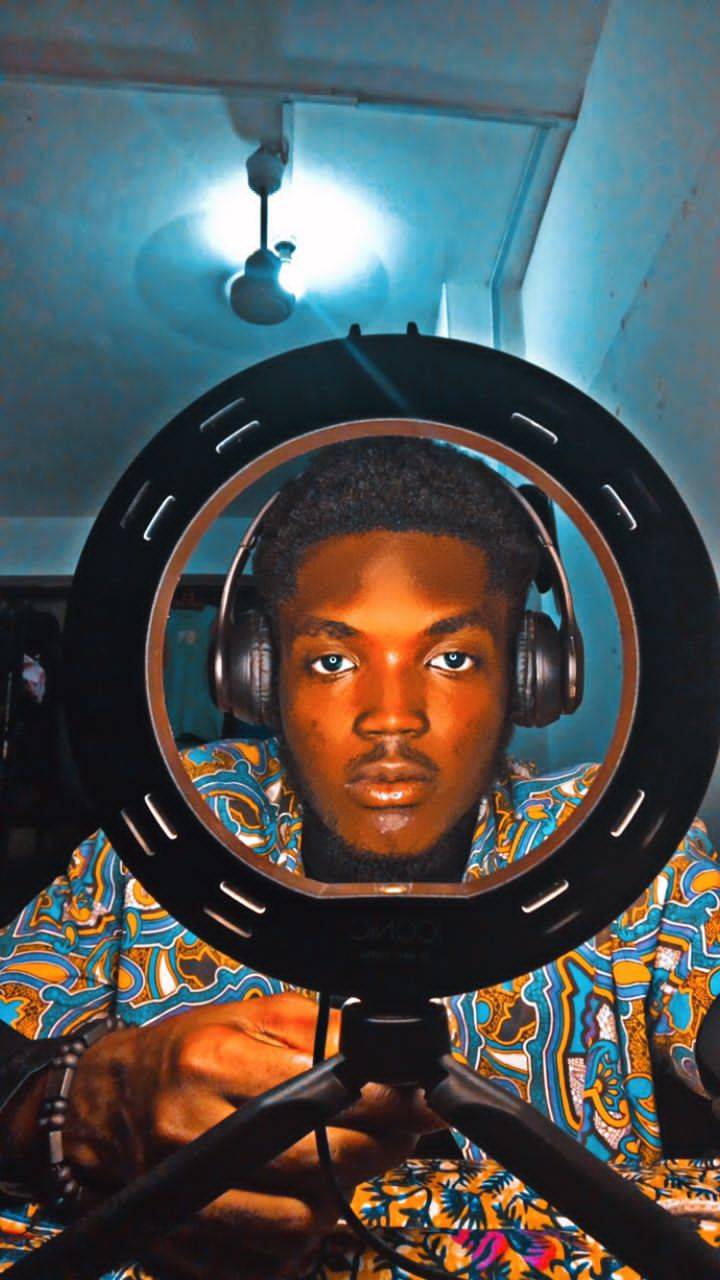The Transformative Impact of Social Media on Ghanaian Creativity
In recent years, social media has become an integral part of daily life, revolutionizing communication, interaction, and self-expression. In Ghana, these platforms have opened new doors for creativity, innovation, and cultural preservation, empowering individuals to share their talents with a global audience.
A Platform for Creative Expression
Social media has broken down traditional barriers, giving Ghanaian creatives the tools to showcase their work to the world. Platforms like Instagram, YouTube, and TikTok have become vibrant spaces for artists, designers, and photographers to share their perspectives, connect with peers, and build communities around their craft.
Ghanaian fashion designers like Mimi Plange and Christie Brown have used social media to showcase their collections, attracting international collaborators and customers. Similarly, photographers such as the late Bob Pixel and Gilbert Asante have captured the essence of Ghanaian culture, using social platforms to share their artistry and highlight the country’s rich diversity.
Driving Digital Entrepreneurship
Social media has also enabled many Ghanaians to turn their creative passions into thriving businesses. By providing access to global markets, these platforms have leveled the playing field for entrepreneurs, allowing them to promote their products, engage with customers, and process transactions efficiently.
Beauty influencers like Jackie Appiah and Juliet Ibrahim have built successful brands through their online presence, resonating deeply with their audiences. Meanwhile, platforms like Jumia and Tonaton have broadened the reach of Ghanaian entrepreneurs, fostering economic growth and creating opportunities across the nation.
Preserving and Promoting Cultural Heritage
Beyond fostering creativity, social media has played a critical role in preserving Ghanaian culture. Platforms like Facebook and X (formerly Twitter) have become digital archives for traditions, festivals, and practices, ensuring they are passed down to future generations. Events such as Akwasidae and Homowo are now celebrated online, giving global audiences a glimpse into Ghana’s rich cultural heritage.
Websites like GhanaWeb and Modern Ghana serve as repositories of the nation’s history and customs, further promoting cross-generational learning and cultural exchange.
Challenges and Opportunities
Despite its benefits, social media presents challenges such as the commodification of creativity and the decline of traditional craftsmanship. However, these obstacles also present opportunities for growth, such as promoting cultural tourism and supporting STEAM education.
By embracing these opportunities and strategically leveraging social media, Ghanaian creatives can foster a rich, inclusive cultural ecosystem, ensuring the continued growth and innovation of the country’s creative sector. The future of Ghanaian creativity lies in making meaningful, impactful content that resonates globally.



No comments yet
Be the first to share your thoughts!